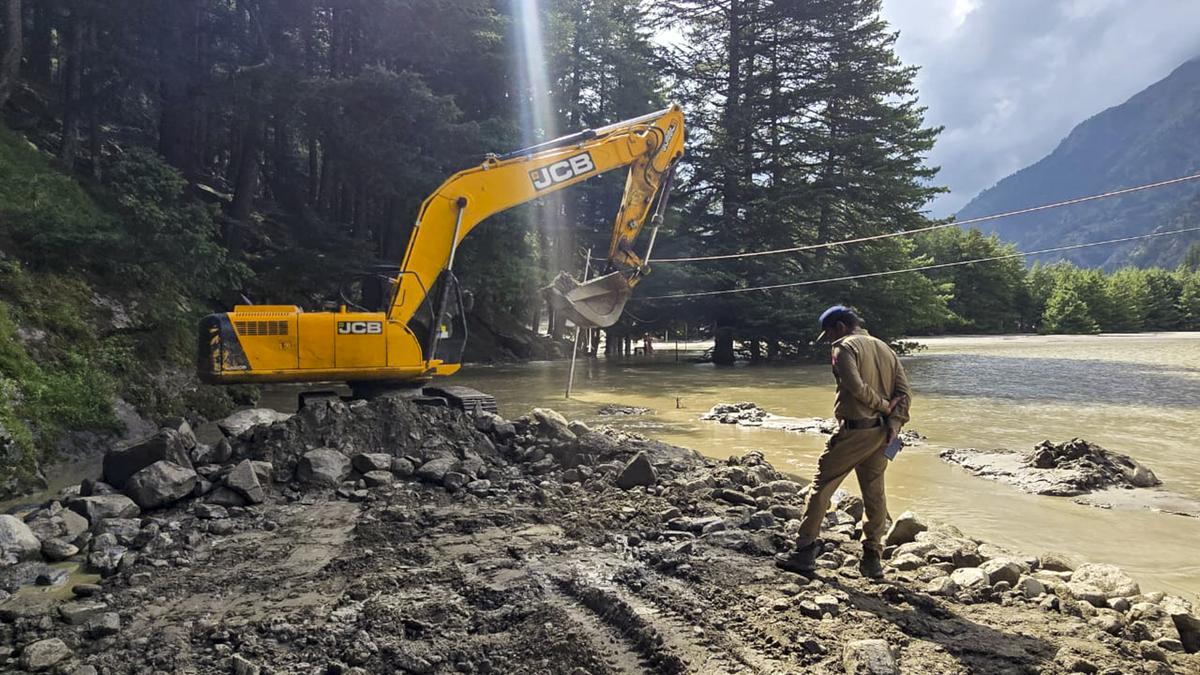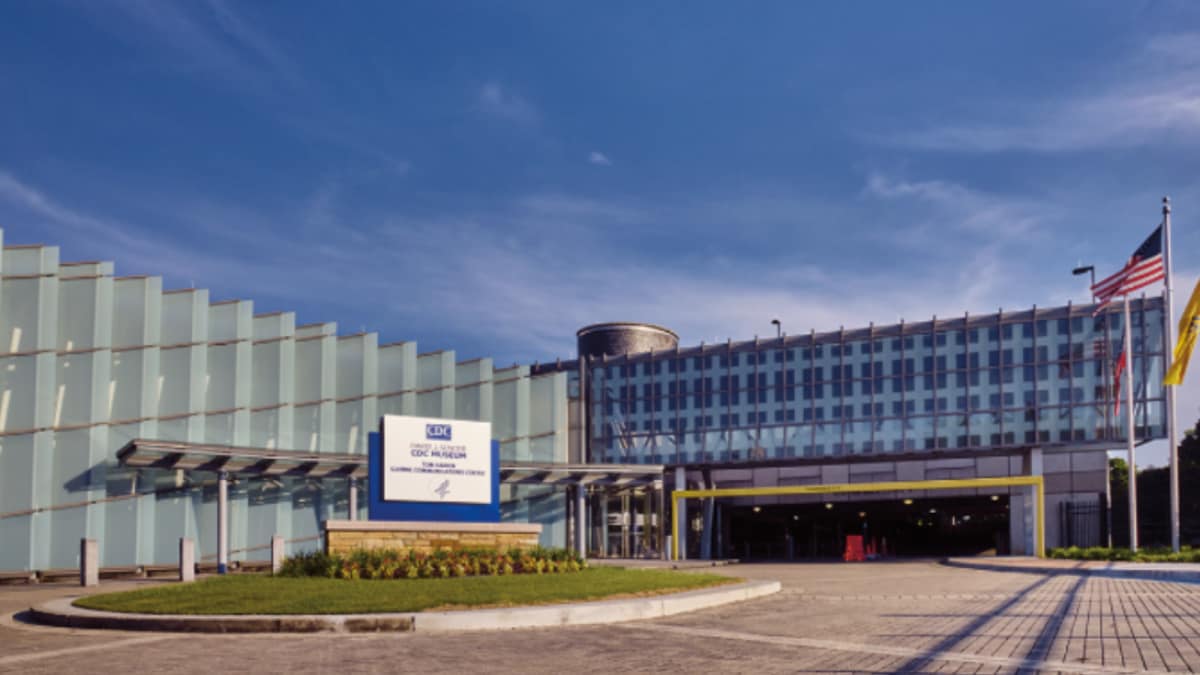ARTICLE AD BOX
Underlining that “predictability today has a huge premium in global politics”, External Affairs Minister S Jaishankar on Wednesday framed Germany as a reliable partner and said that with the world facing “economic volatility”, there was a “very powerful case” for India and the European Union, and India and Germany to work “much more closely with each other”.
Jaishankar’s remarks, which followed his meeting with German Foreign Minister Johann Wadephul, are a thinly-veiled reference to the unpredictability of the partnership displayed by the US administration under President Donald Trump.
Without criticising the US, Wadephul, who is on a two-day visit to India, echoed that “reliability”, “friendship” and “predictability” in these times of uncertainty are “invaluable”.
Later, Wadephul also called on Prime Minister Narendra Modi. “India and Germany are celebrating 25 years of strategic partnership… As vibrant democracies and leading economies, we see immense potential to scale up mutually beneficial cooperation in trade, technology, innovation, sustainability, manufacturing and mobility… We share a vision for a multipolar world, peace and UN reforms. Reiterated my invitation to German Chancellor for an early visit to India,” Modi said in a post on social media.
After his meeting with Wadephul earlier in the day, Jaishankar said: “We see the world facing the twin challenges of economic volatility and political uncertainty. We believe that a multi-polar world with strategic autonomy can best respond through more intensive consultations and cooperation among key member states… We are seeing very sweeping changes on the global strategic landscape… seeing a lot of volatility on the global economic landscape… together, they make a very powerful case… for India and the European Union, India and Germany to work much more closely with each other.”
On ties with Germany, he said: “For us, this is an enormously important relationship. This relationship is growing in substance… It is a relationship where largely what we promise to each other, and policies that we have, remain constant and predictable.”
Citing Wadephul’s interview to The Indian Express, Jaishankar said: “Our two-way trade last year was almost Euro 50 billion. Minister Wadephul is on record, I saw one of his interviews, where he said that he was very confident we will be doubling our trade. Let me assure him that India fully reciprocates that sentiment and looks forward to working with the German government. And I assured the minister today that any concerns that German companies may have in India, coming to India, establishing themselves, working here, we would be prepared to give it special attention.”
Story continues below this ad
On India’s fight against terrorism, he said, “We greatly value the understanding that Germany has shown with regard to India’s fight against terrorism. Minister Wadephul has himself been explicit about our right to defend our people against terrorist attacks. Our Parliamentary delegation that visited Germany in June after Operation Sindoor was also warmly received.”
Wadephul reaffirmed Germany’s support for India in its fight against terrorism, emphasising that New Delhi has every right to defend its people. “When it comes to India defending itself against terrorism, Germany continues to be firmly at your side,” he said.
The two ministers also discussed cooperation in semiconductors, student mobility, defence trade and India-EU Free Trade Agreement.
Jaishankar said India was counting on Germany’s support to “deepen our relationship with the European Union and expedite the FTA negotiations”. While Jaishankar said India would like the FTA to reach a “decisive conclusion” in the coming days, the German minister said the deal could be concluded in the coming months. “If others put up trade barriers, then we should respond by lowering them,” Wadephul said.
Story continues below this ad
Speaking on the Ukraine war, Wadephul also urged India to ask Russia to return to peace talks. He said that despite efforts by Europe and the US, Russia hasn’t been willing to enter negotiations, a challenge that New Delhi could possibly address. “The only demand is that weapons fall silent,” he said, adding that Ukrainian President Volodymyr Zelenskyy has shown an intention to make peace.
He said Germany expects India to use its ties with Moscow to push for peace. “Prime Minister Modi, when he met with President Putin a couple of days ago, also pointed to the need for a speedy peace agreement in Ukraine, which has been important to us… We Europeans are doing our best, working with our American and Ukrainian friends to ensure that this war ends soon and that Ukraine finds peace as a sovereign state,” Wadephul said.
“I know that we don’t always see 100% eye-to-eye with our Indian friends, and this is why I spoke out in favour today that India uses its relations with Russia to point to the need to make peace return to Europe… Peace is the basis for security, freedom and prosperity. Security is, and will remain, a challenge for the future. We are pleased that in the vicinity of India too, a ceasefire has come to apply,” he said.
Jaishankar flagged the defence and security cooperation with Germany. “There has been an uptick in our defence and security cooperation. Germany participated in the Tarang Shakti air exercises last year and its ships made port calls to Goa. Today, we agreed that such participation should be continued, indeed, even expanded. In the past, we have had significant export control difficulties in the defence and security domain. I would like to express my appreciation today for the smoothening of those processes and more expeditious clearances. We also spoke about greater industry collaboration between our two countries in this context,” he said.
Story continues below this ad
In the semiconductor manufacturing area, Jaishankar said: “We welcome German investments and GCCs. Indian talent can make a significant contribution to Germany’s expanding capabilities here… the model of talent preparation and flow that Germany has evolved has been particularly effective.”
“We have seen good progress in education and mobility. I believe that the largest number of foreign students in Germany are now from India. On my last two visits to that country, I heard praise for our community’s contributions from across the political spectrum in Germany. The Skilled Labour Strategy released by the German government offers a very good framework for mutual benefit. We have also agreed on gratis visas for short-term school and college visits to further promote student exchanges,” he said.
Wadephul said that many Indian students in Germany opt to stay back “because we need highly skilled and highly qualified labour”. “Indian skilled workers in Germany are successful in jobs and earn above average income…they are an asset for the German labour market,” he said.
“We agree with India and many other countries that we need to defend the international rules-based order and that we also have to defend it against China… Germany, like the European Union, has a clear position regarding China. For us, China is a partner in some areas, think of climate protection. It is clear and obvious that we won’t be able to address these issues and problems without China. We also view China as a competitor. We compete against China in a number of areas, our business does, our economy does. We place value on having fair competition and equal rules. But we also see China as a systemic rival and we don’t want that rivalry,” Wadephul said.
Story continues below this ad
He said the number of areas where China has chosen a confrontational approach is increasing. “Therefore, we have to respond in some of these areas, amongst them are areas where we have to defend our markets against China,” said Wadephul, who also met Commerce Minister Piyush Goyal.



.png)
.png)
.png)























 English (US) ·
English (US) ·